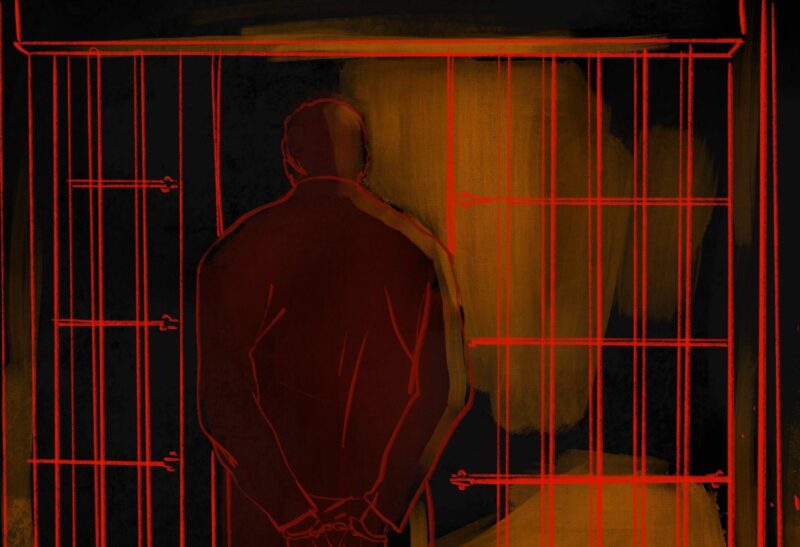On February 9, early parliamentary elections in Azerbaijan were held. According to the rules, parliamentary elections were to be held on October 15, 2020. However, on December 2, 2019, the ruling New Azerbaijan Party (NAP) appealed to President Ilham Aliyev, chairman of NAP to ask for the parliament to be dissolved. NAP members argued that the current parliament did not conform to the President's reforms and that its members did not function normally.
On December 4, by presidential decree, parliament was dissolved and the date of early elections was set for 9 February 2020.
1314 candidates were registered in 125 constituencies despite little time to prepare for the election. According to the Central Election Commission, 246 candidates were nominated by political parties. At the same time, 1,057 of the candidates were nominated by their own initiative and 11 were nominated by initiative groups. 79% of the registered candidates were men and 21% women.
Azerbaijan's Popular Front Party (PFPA) boycotted the elections. AMIP, ADP, BAJCP, PAP , VHP, NAP, Musavat, Hope and ReAL parties participated in the elections . Two of these parties, the Musavat Party and the ReAL Party, are opposition-oriented.
According to local and international observers, the election was marked by serious irregularities.
The OSCE Office for Democratic Institutions and Human Rights (ODIHR), jointly with the PACE and the OSCE PA, released their preliminary reports on the results of the elections on
10 February.
The report states that the three most common violations in elections occurred during the vote count. The OSCE Office for Democratic Institutions and Human Rights (ODIHR) Observation Mission reports that the provision of fundamental rights and freedoms in Azerbaijan raises serious concerns. Reports of systematic harassment against government critics are of serious concern. There was no competitive environment in the elections, freedom of assembly and association were not ensured.
There is evidence that government officials were pressured not to support the opposition, to call the police on opposition activists, and to pressure them. On election day, observers noted procedural irregularities.
“Non-counting of ballots (35 cases), registration of serial numbers of ballot boxes (37 cases). Voter fingerprints were not checked (13%). Ballot stuffing was reported at 16% of polling stations. Carousels were registered at 5% of the stations and confidentiality was reported at 4%. In 39 cases, commission members did not cooperate with observers, and in 6 cases party representatives or candidates were expelled. In 44 precincts, outsiders, including police and security services, military servicemen and government officials were seen. In 66 of 113 cases, the counting was assessed negatively for neglecting important procedures. After the ballot boxes were opened, observers saw ballot paper being thrown into the piles. In 7 cases, the number of ballots exceeded the number of voters. In 15 cases, observers saw that the protocols were intentionally falsified. In 22 cases, the chairmen did not sign the protocols. In 17 polling stations, numbers of protocols were either changed or supplemented with violations”, the report said.
Independent election centers in Azerbaijan also support the opinion of international organizations. For example, the Center for Election Monitoring and Democracy Studies (EMDS) said in its
report
:
“Physical violence and political pressure were also observed on election day along with the candidates representing the candidates. There have been such cases against election commission members, representatives of local executive structures and observers, who comment on violations of law with the participation of the police.”
Democratic Initiatives Institute (IDI) on February 9
concluded
there was a use of administrative resources by the ruling party in the parliamentary elections, and the election was dictated by the absence of political dialogue between the political forces and unfavorable political environment.
The Russian Foreign Ministry
congratulated
the Azerbaijani authorities:
"This election is the democratization and modernization of the management of the country's socio-political situation".
President Ilham Aliyev also expressed his view on international opinion missions: "We have long been accustomed to their negative feedback."
“We have observed this many times. The latest manifestation of this is this most recent resolution. That is, the adoption of this resolution is, in fact, a severe interference with the parliamentary elections. Firstly, this resolution is fake and we do not accept it. We reject the charges against us and we will not comply with any of the fraudulent claims addressed to us. Secondly, the adoption of this resolution shortly before the parliamentary elections is a manifestation of a negative and unfair attitude towards Azerbaijan", the President
said
.
Cases of beating observers in the electoral process, as well as the deaths of two of the candidates' lawyers were
recorded
.
Relatives of both lawyers say they suffered from stress while protesting the illegal actions of the chairpersons during the voting process and eventually lost their lives.
According to the CEC on 10 February, 83 members of the previous parliament have again been nominated to the parliament, or Milli Majlis. Among them there are many MPs who were expelled from the voters' meeting places during the campaign.



